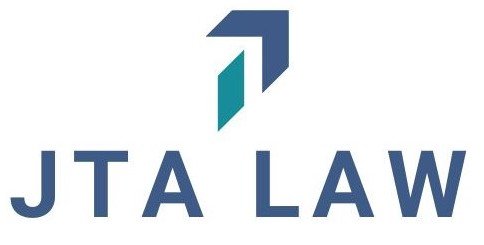Expert Evidence - The Role of a Lawyer
For some time now, the acceptable level of involvement that a solicitor can have with an expert witness has remained largely unclear. The recent case of New Aim Pty Ltd v Leung [2022] FCAFC 67 has aided in clarifying what is and isn’t acceptable practice.
The Full Federal Court found on appeal that the judge in New Aim Pty Ltd v Leung [2022] FCA 722 was wrong to dismiss the entirety of an expert witness’ evidence. At trial, evidence was dismissed on the basis that the solicitors of New Aim were clearly involved in drafting the expert’s report seeing as it was finalised within 24hrs of the expert receiving a letter of instruction. However, it was unclear which parts exactly were drafted by the solicitors.
On appeal, the Full Federal Court found that solicitors may draft elements of an expert witness’ report where the information is of a factual nature, or they are dictating the opinions or instructions of the witness. The inclusion of solicitors in this process aids court processes, particularly where there is physical, language or resource difficulties that would arise without the solicitor’s assistance.
This doesn’t mean that solicitors can begin an authoritarian takeover of the drafting process - they are still barred by ethics from influencing the expert’s opinion or evidence. But, provided that the opinions and evidence remain solely that of the expert, there is a flexibility as to the acceptable level of a solicitors’ participation in drafting the expert report. The Full Court notes that this level is different for each expert and situation, and often reflects the difficulties mentioned above.
Assuming that the involvement of the lawyer in the drafting process is consistent with the above ethical principle, there is no legal obligation to disclose that there was a lawyer involved in that report’s drafting. On the circumstances, ethics may require such a disclosure to be made but the obligation is not legal in nature.
A duty to disclose may come about in the drafting process where a lawyer poses questions or instructions to an expert witness. When this occurs, the questions or instructions from the solicitors and the information and sources relied upon by the expert to respond to them must be disclosed, in the interest of maintaining transparency with the court.
